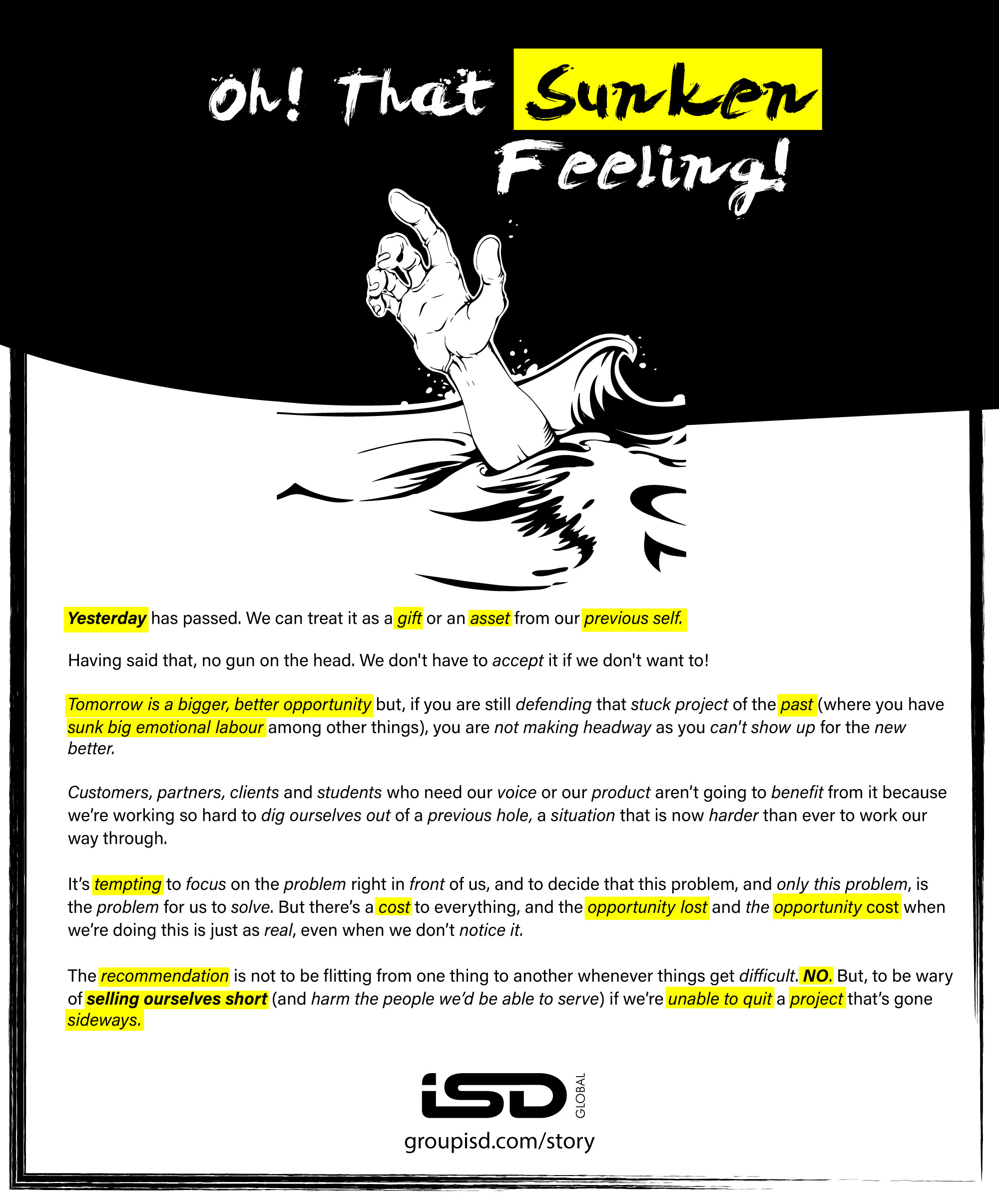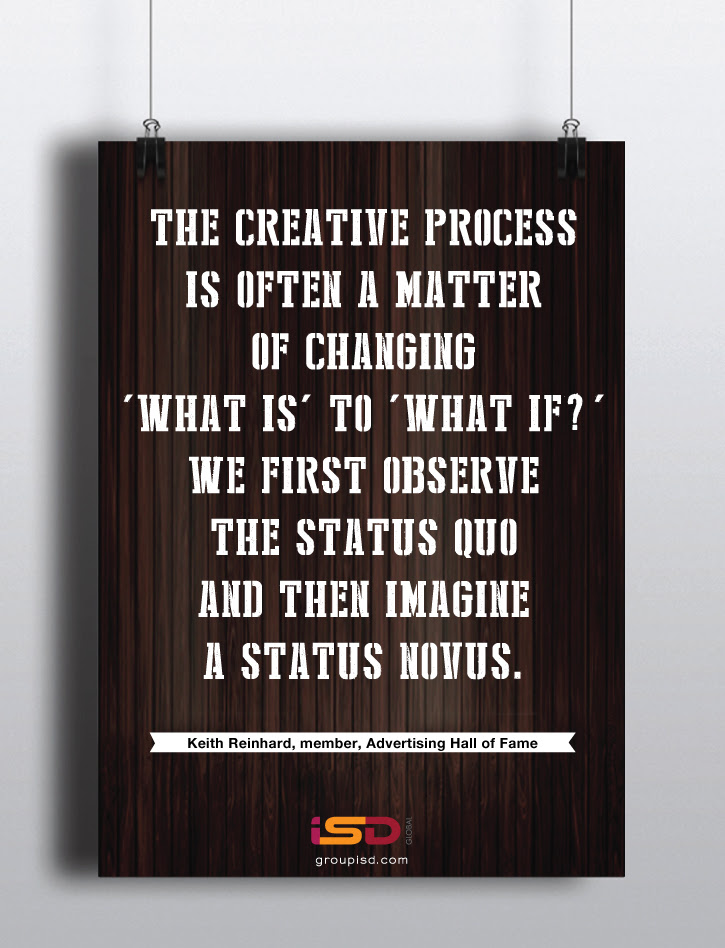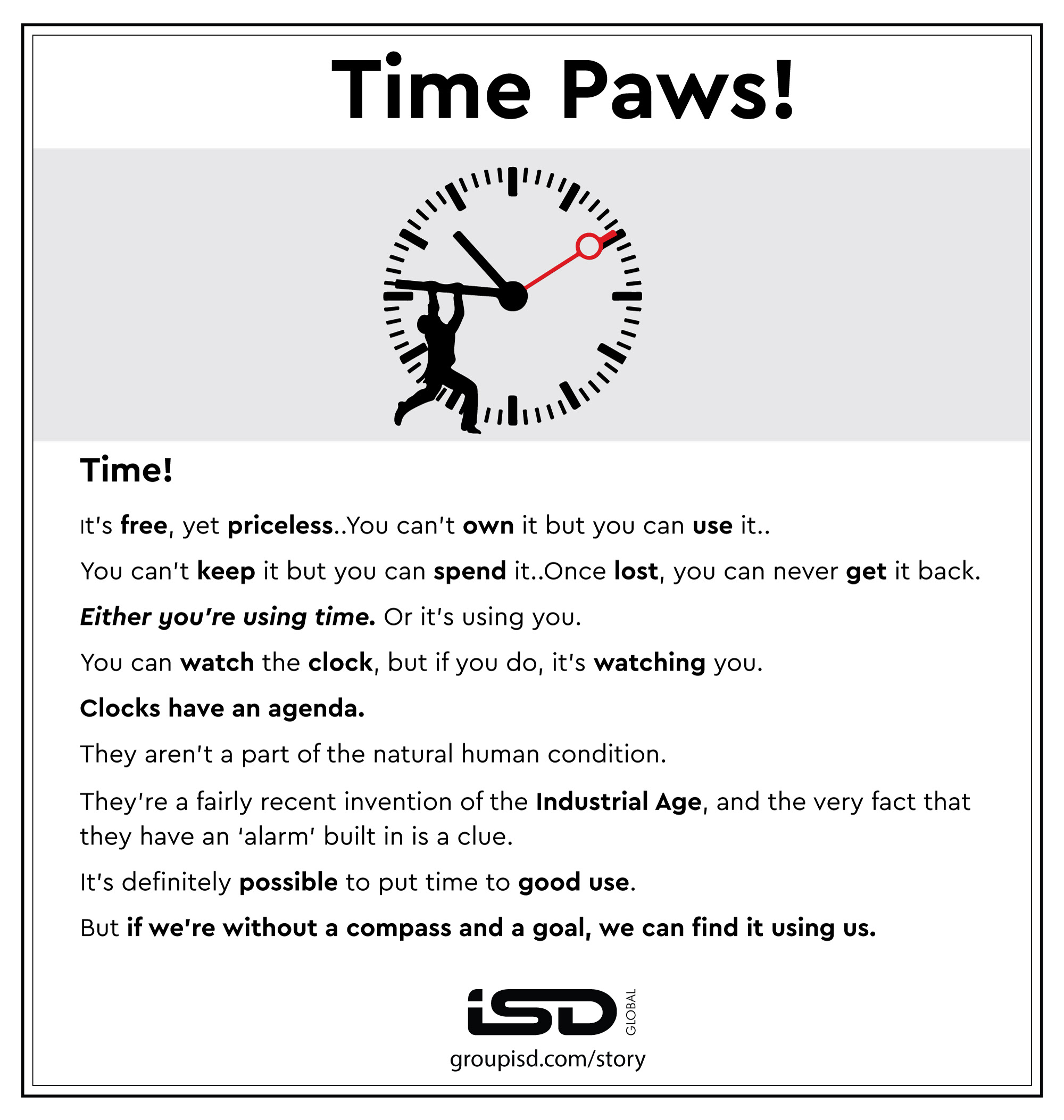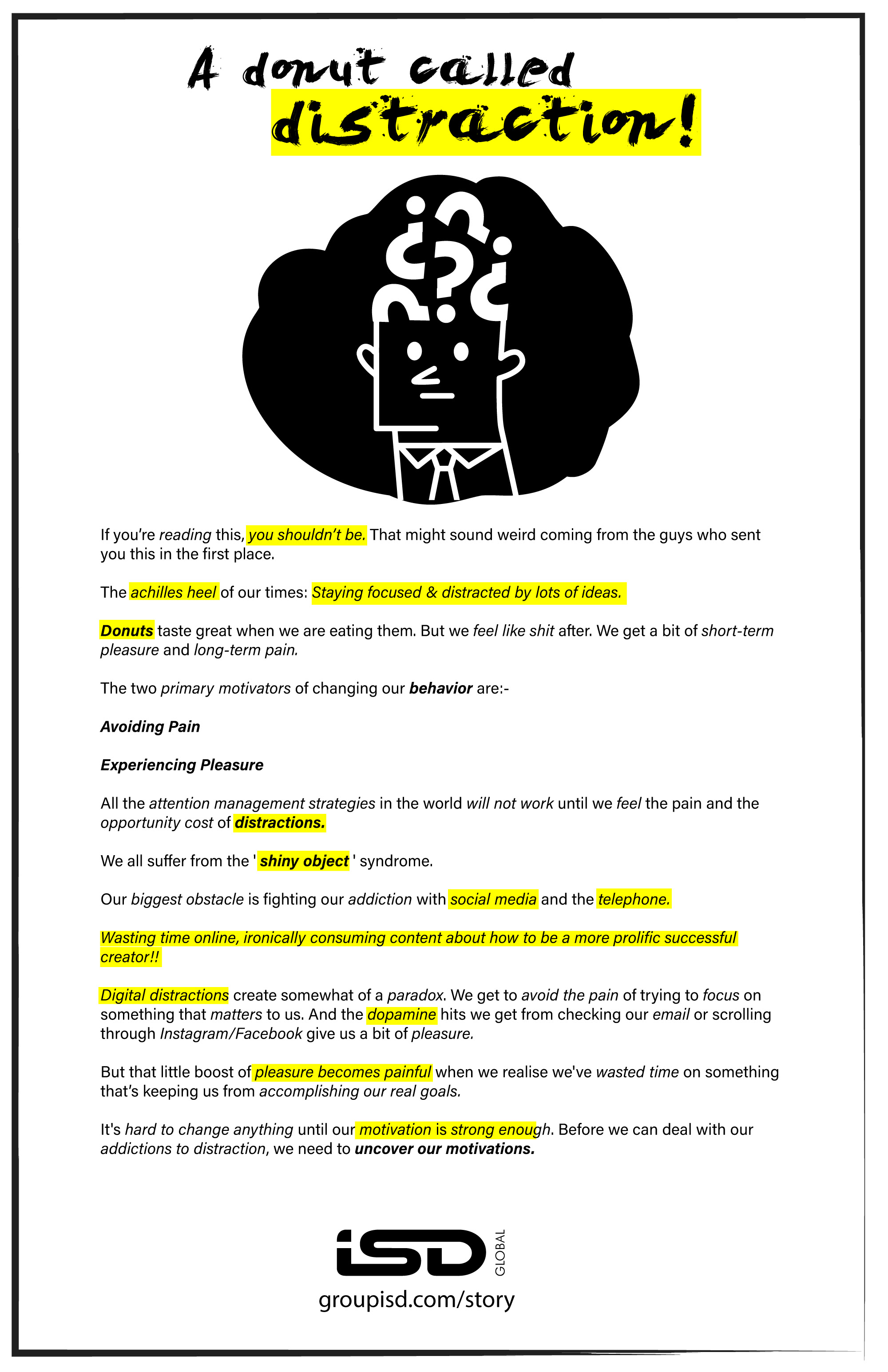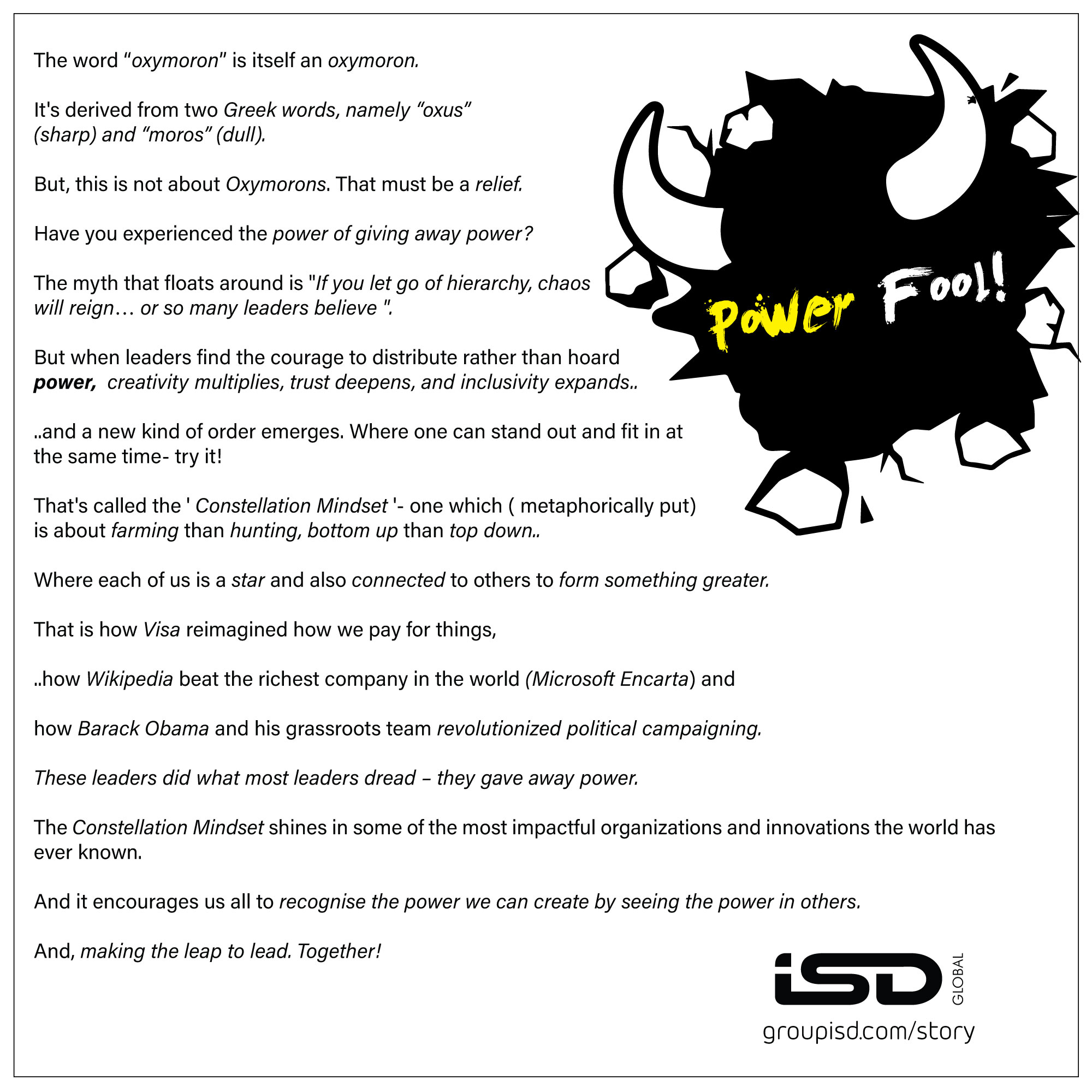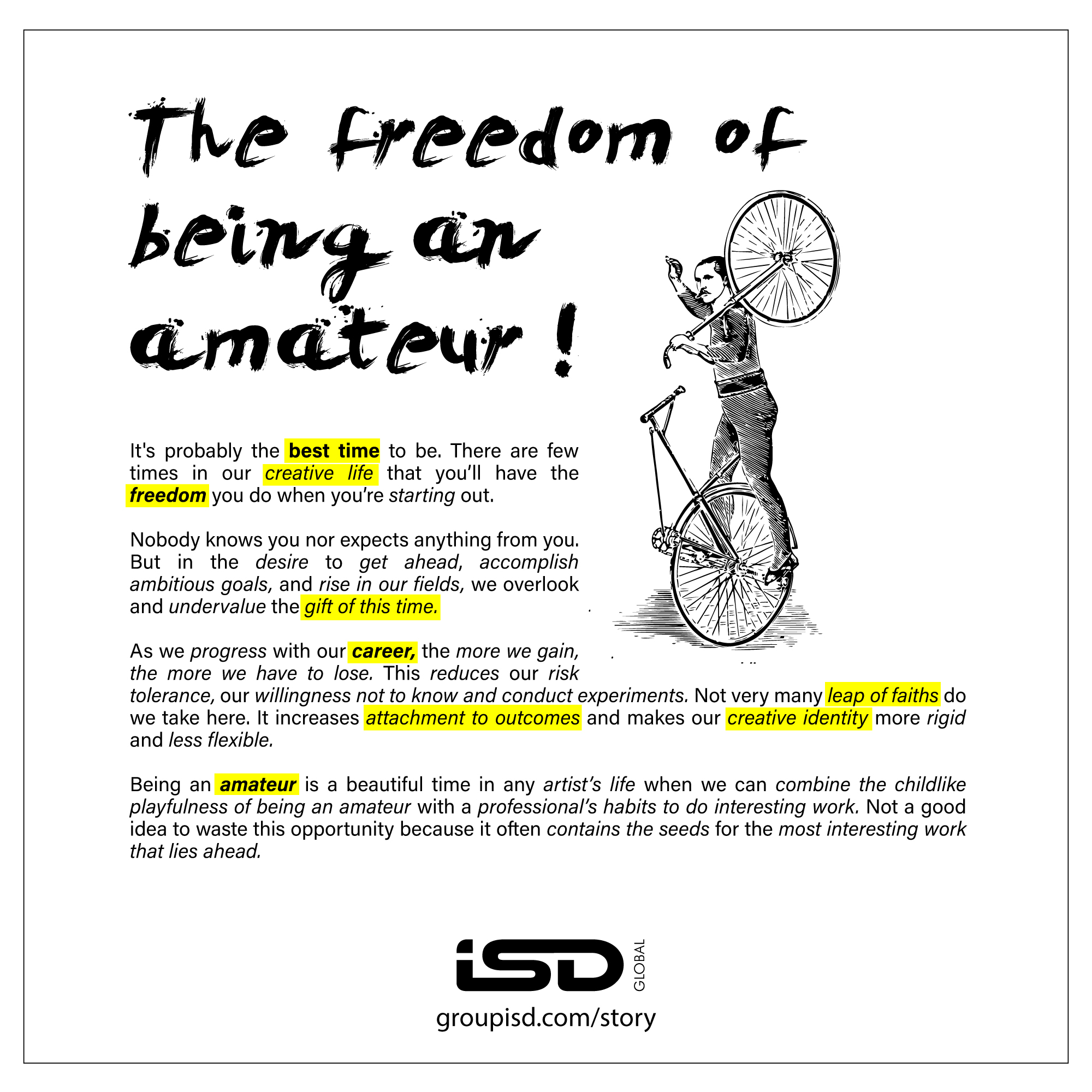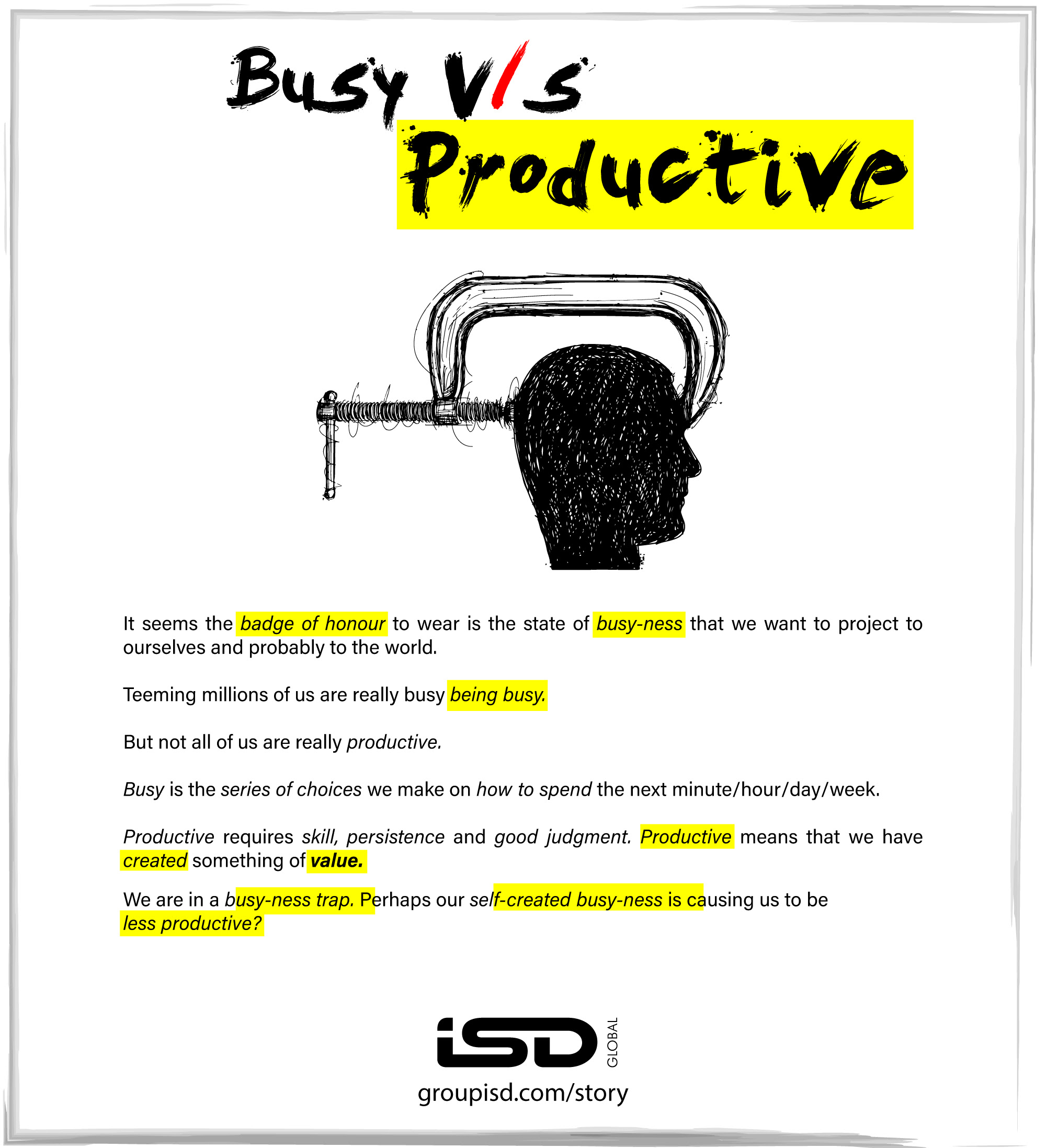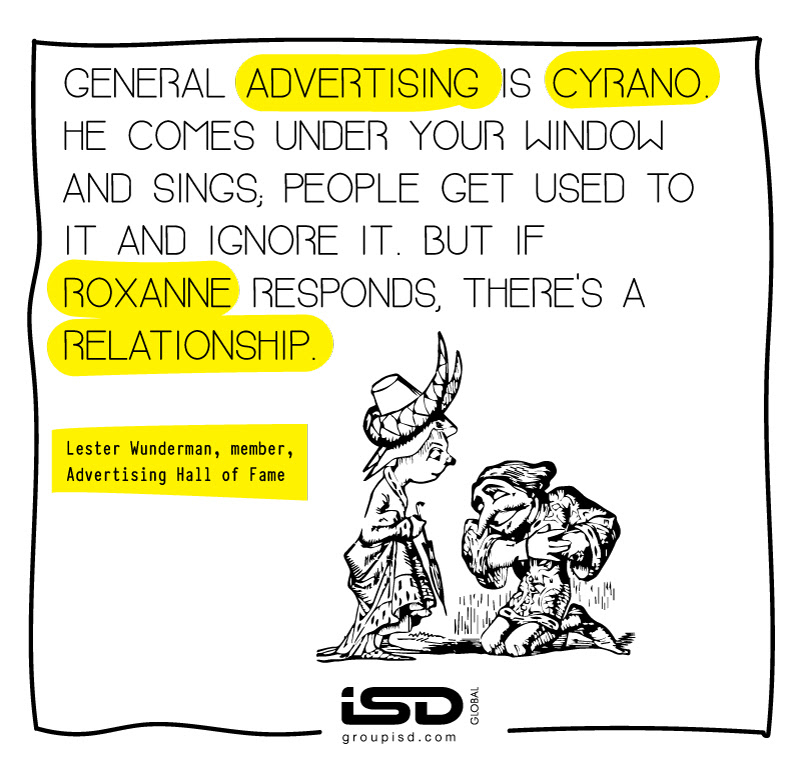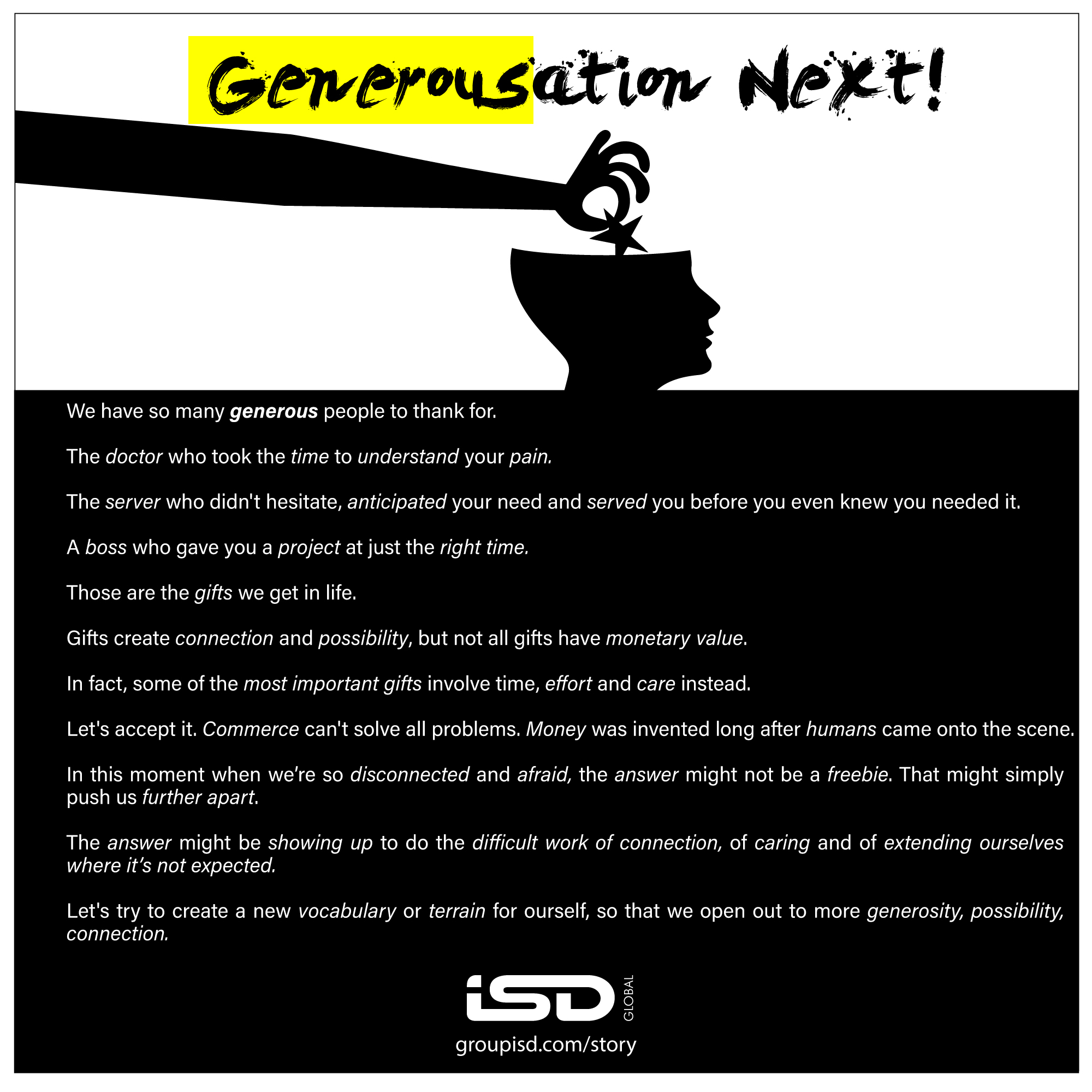If the definition of a leader is someone who catalyzes positive change, then every organisation needs all the leaders it can get. Sadly, the idea of leadership that predominates in most organisations has been hopelessly compromised by bureaucratic thinking.
For us to move forward on this rant, let’s go back in time a bit. During the early years of industrialization ( the Henry Ford era and all of that), administrative competence was scarce, in serious short supply. The workforce multiplied rapidly between then and the outbreak of the second world war. Who was going to wrangle this fast growing herd of employees if not a cadre of newly minted managers? Some of today’s most renowned US Universities jumped into the pit to help, namely the Wharton School @ Univ of Pennsylvania(est 1881), Harvard Business School (est 1908) and Stanford’s Graduate School of Business(est 1925).
Drip by drip, a corpus of management knowledge began to invade the zeitgeist. General Electric opened its famed management academy in New York. The then Chairman Philip D Reed was to make GE the world’s best managed company. A worthy goal. Let’s not forget that it was management magic that turned labour and steel into locomotives, turbines, generators and washing machines.
By the time it was a couple of years before the millennium, management was no longer considered the mysterious or prized exceptional activity. Fatigue had set in and the novelty had worn off. Thanks to the work of seminal thinkers like Peter Drucker, principles and practices of administrative competence had found its threshold level.
By the 1980’s, management had become passe. Universities and management consultants needed something new to sell. A product upgrade, if you will. The dice was rolled and they landed on the shiny new object called ‘ leadership‘. They asked their clients, why would you want to remain a mere manager when with the right training, you could become a valiant leader? Just give us a week or two of your time, a few thousand dollars and we will convert you into a happy amalgam of Winston Churchill, Abraham Lincoln and Alfred Sloan.
Today, more business books are written about leadership than any other topic, so it’s easy to forget the relative novelty of our obsession with leadership. Despite the ubiquity of the topic, if you Google ‘ leadership model ‘, you will get more than a billion hits. That said, there’s little evidence we know how to grow leaders, or that most of those who claim to be leaders deserve the title!!
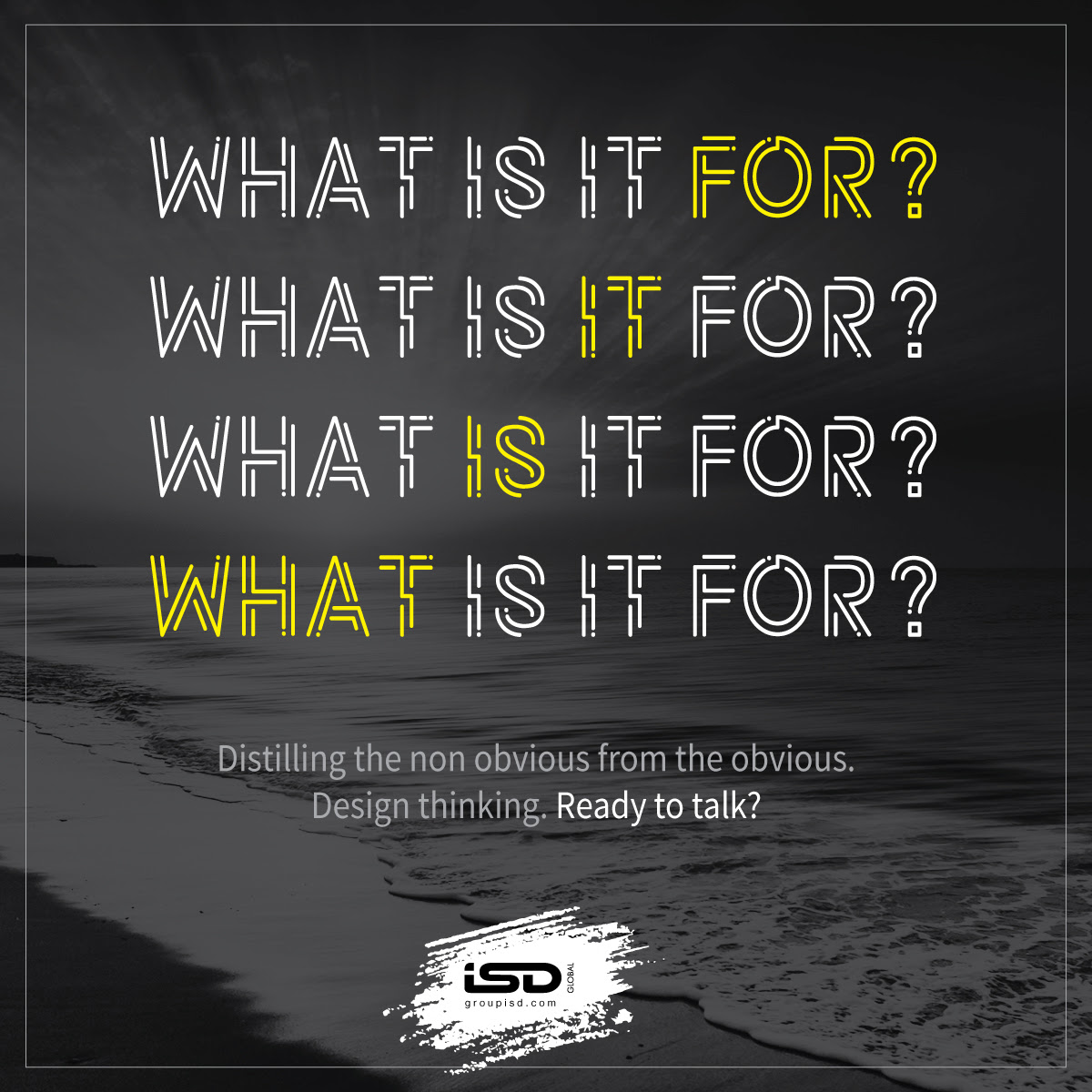
To be fair, leadership training is seldom focused purely on administrative skills. Today, in a multi-week program at a leading B-school, there will be modules on AI, Blockchain, Neuroscience, Generative AI, IOT, and the Gen Z workforce. Contemporary leadership training also emphasises ‘ soft skills ‘ that affirm the values of authenticity, empathy and mindfulness. Unfortunately, all these become superfluous in a bureaucratic cage match. Back on the job, there is little in the organisation that reinforces introspection, humility and honesty and not much they can do to change the fact.
Leadership training tends to be stratified( otherwise how will elitism come into play?). Hierarchy dictates that at the excutive level, it is ‘managing the organisation’, at midlevels on ‘ leading the business ‘ and at lower levels on ‘ leading your team ‘. This hierarchial approach is based on the absurd assumption that lower-level employees are unable to think beyond their own role or limit.
Leadership and hierarchy are conjoined twins and disentangling it is a long way off. When an organisation refers to ‘ leadership team ‘, do they mean everyone in the organisation who can also make amazing things happen? Certainly not. It refers to the dozen or so EVPs who sit atop the pyramid. The reality is that many of them on the ‘ leadership team ‘ are not leaders at all. In the true sense and sanctity of the word. Neither are they a ‘ team ‘, if by that you mean a group of selfless souls united around a common cause.
Radical thinking is the need of the hour to change this default. We need a bunch of hacktivists across organisations around the world. Deep change comes from the fringe, people who are not bothered about the spotlight but are willing to put themselves in the firing line.
When we finally abandon the myth that a big title makes you a leader, and when the HR function stops playing to the top of the house, then our approach to leadership will finally catch up to the realities of the twenty-first century.
